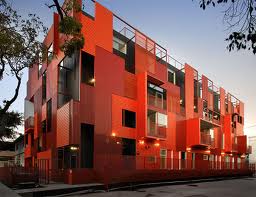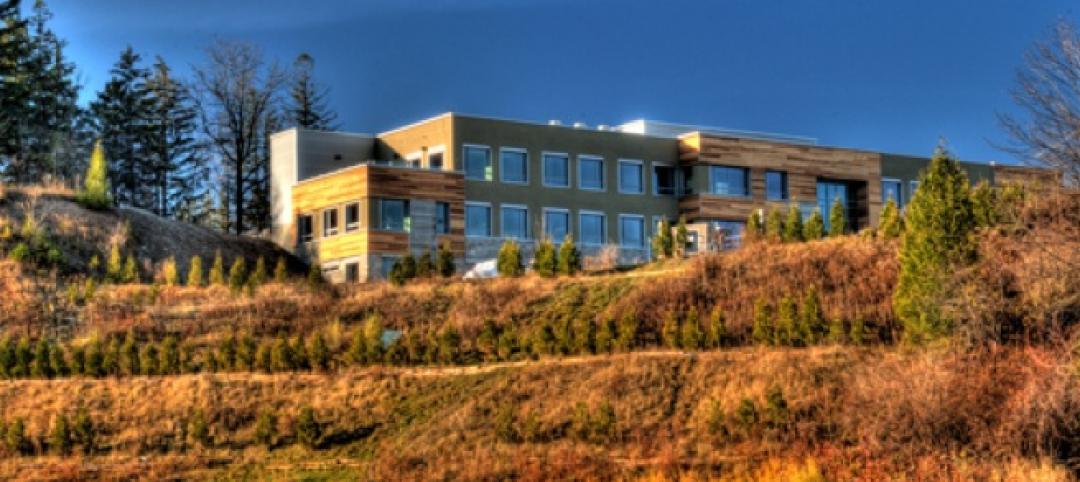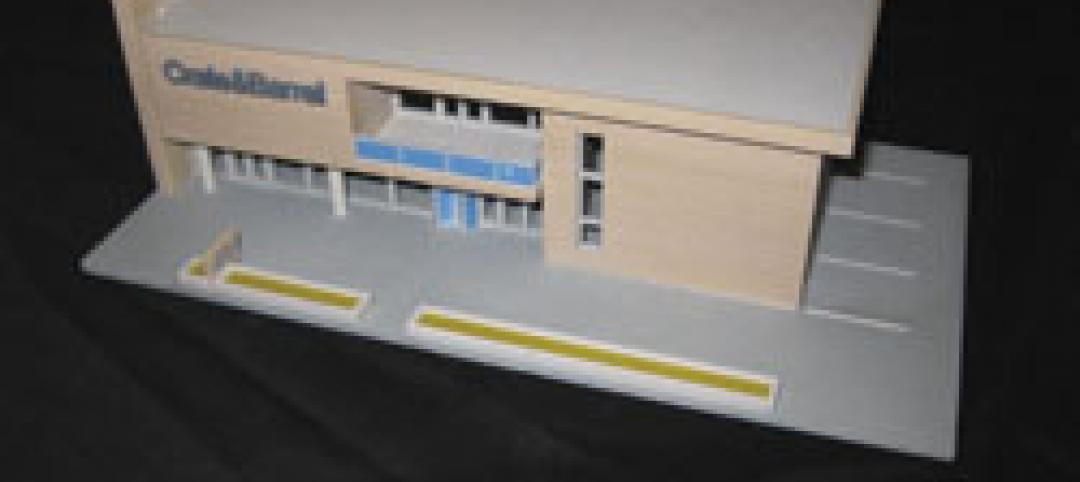The segment of the housing industry that caters to those home buyers and renters who are 55+ years old saw gradual but steady improvement in 2011. This trend is expected to continue throughout 2012 as more baby boomers turn 55 and seek new homes and communities that offer the lifestyle they desire. However, since the conditions of the current overall housing market are limiting their ability to sell their existing homes, this market is not recovering as quickly as might have been expected.
Like the overall single-family housing market, the 55+ housing segment is facing a slow but steady recovery. "NAHB is projecting that the number of housing starts in 55+ communities will increase 18 percent to 53,200 units in 2012, and another 25 percent, to 66,600 in 2013," said Paul Emrath, NAHB's vice president of survey and housing policy research.
Emrath said the multifamily segment of the 55+ housing market is doing particularly well, with an estimated 57% increase to 21,300 starts in 2011, and further increases in the forecast of 25,400 new apartments in 2012 and 29,100 in 2013.
According to NAHB, the 55+ housing market should continue to gradually improve over the next few years. "Nevertheless, this market remains fragile as many people in this sector who would like to purchase a new home are having difficulties selling their existing homes," noted Emrath. "The issues constraining their ability to sell are the same issues restraining the overall single-family housing market - low appraisals, a large supply of foreclosures and tighter mortgage lending criteria."
Knowing their customer base is important for builders' success in the current economic climate. "The 55+ builders who are doing well in these challenging times are innovative and creative and are in touch with their customer base," said W. Don Whyte, president of Kennecott Land in South Jordan, Utah, and incoming chairman of NAHB's 50+ Housing Council. "Successful builders also continually conduct market research on buyer's preferences and needs."
"Meeting the needs of buyers in the 55+ market involves having a more focused and targeted strategy on how to design, build and market new homes," said Whyte. "Successful builders and developers in the current market will encompass this approach." BD+C
Related Stories
| Sep 13, 2010
World's busiest land port also to be its greenest
A larger, more efficient, and supergreen border crossing facility is planned for the San Ysidro (Calif.) Port of Entry to better handle the more than 100,000 people who cross the U.S.-Mexico border there each day.
| Sep 13, 2010
Triple-LEED for Engineering Firm's HQ
With more than 250 LEED projects in the works, Enermodal Engineering is Canada's most prolific green building consulting firm. In 2007, with the firm outgrowing its home office in Kitchener, Ont., the decision was made go all out with a new green building. The goal: triple Platinum for New Construction, Commercial Interiors, and Existing Buildings: O&M.
| Sep 13, 2010
Stadium Scores Big with Cowboys' Fans
Jerry Jones, controversial billionaire owner of the Dallas Cowboys, wanted the team's new stadium in Arlington, Texas, to really amp up the fan experience. The organization spent $1.2 billion building a massive three-million-sf arena that seats 80,000 (with room for another 20,000) and has more than 300 private suites, some at field level-a first for an NFL stadium.
| Sep 13, 2010
'A Model for the Entire Industry'
How a university and its Building Team forged a relationship with 'the toughest building authority in the country' to bring a replacement hospital in early and under budget.
| Sep 13, 2010
Committed to the Core
How a forward-looking city government, a growth-minded university, a developer with vision, and a determined Building Team are breathing life into downtown Phoenix.
| Sep 13, 2010
Conquering a Mountain of Construction Challenges
Brutal winter weather, shortages of materials, escalating costs, occasional visits from the local bear population-all these were joys this Building Team experienced working a new resort high up in the Sierra Nevada.
| Sep 13, 2010
Data Centers Keeping Energy, Security in Check
Power consumption for data centers doubled from 2000 and 2006, and it is anticipated to double again by 2011, making these mission-critical facilities the nation's largest commercial user of electric power. With major technology companies investing heavily in new data centers, it's no wonder Building Teams see these mission-critical facilities as a golden opportunity, and why they are working hard to keep energy costs at data centers in check.
| Sep 13, 2010
3D Prototyping Goes Low-cost
Today’s less costly 3D color printers are attracting the attention of AEC firms looking to rapidly prototype designs and communicate design intent to clients.
| Aug 11, 2010
Cubellis principals reorganize as CI design
Former principals of Cubellis Inc. have formed ci design "with a stellar group of projects in the United States and internationally," states John Larsen who, with Richard Rankin and Christopher Ladd, is leading the architecture and planning firm.
| Aug 11, 2010
Leo A Daly changes name of STH, completes acquisition
LEO A DALY has changed the name of STH Architectural Group to the name of its parent company, Leo A Daly. STH was acquired in February 2009 as a strategic move to accelerate growth in its core business sectors and to strengthen the firm's presence in the Florida market.















